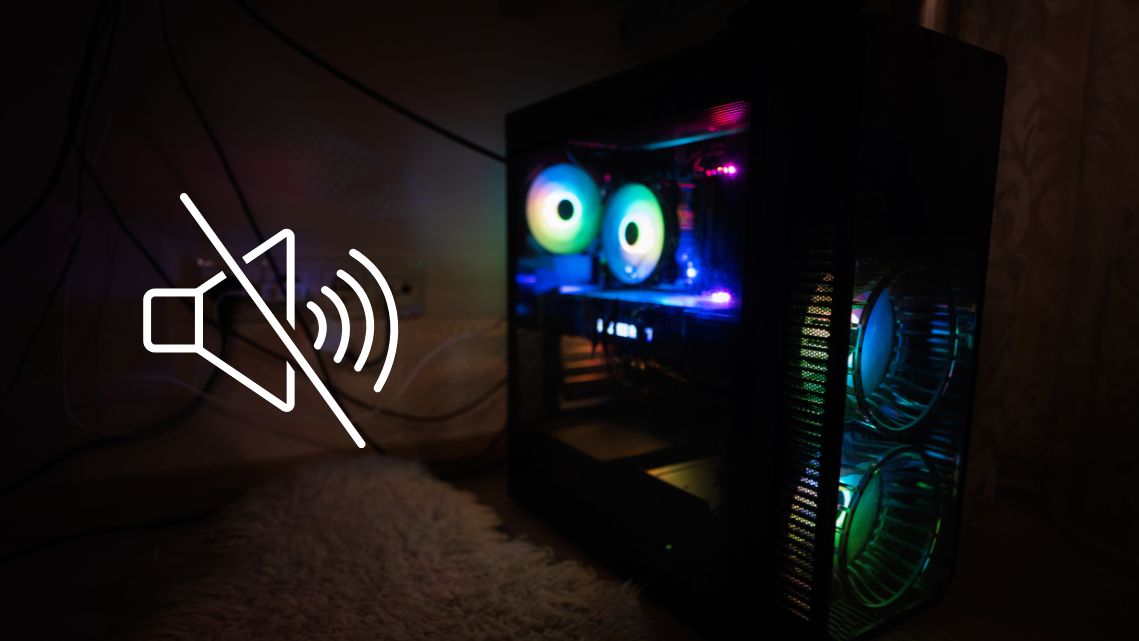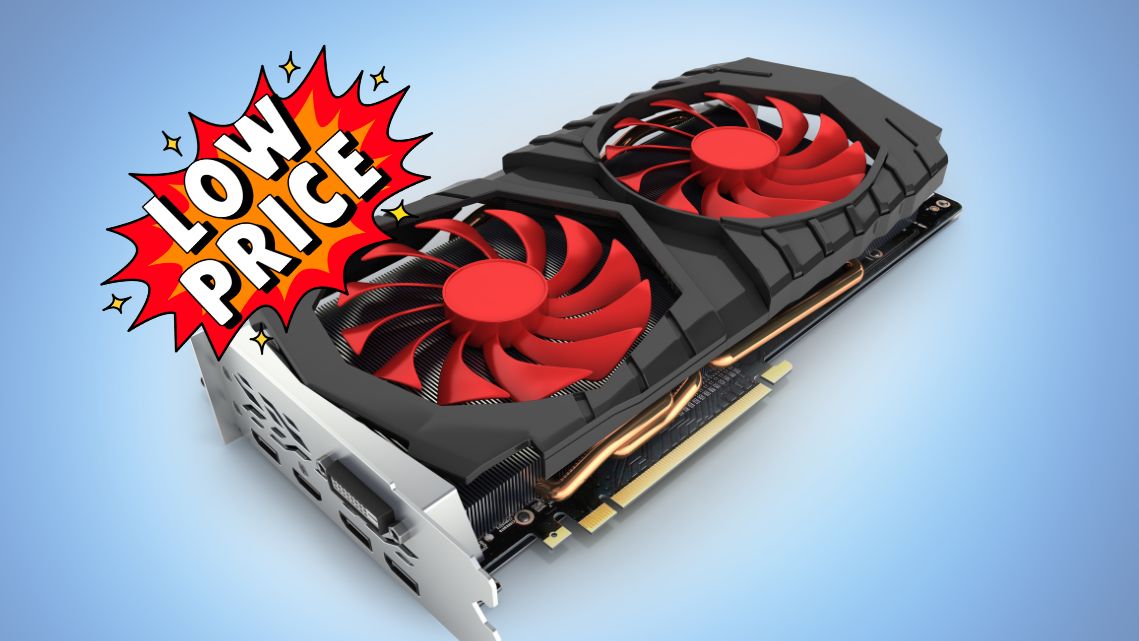A computer is a valuable and essential tool in today’s digital age. To maximize its lifespan and ensure optimal performance, it’s important to take proactive steps in maintaining and caring for your computer. By following some simple tips, you can extend the lifespan of your computer and enjoy its benefits for years to come. In this blog, we will explore several strategies and practices to help you prolong the life of your computer.
Keep Your Computer Clean
Regularly cleaning your computer helps prevent dust and debris buildup, which can impact its performance and lead to overheating. Use compressed air to clean the keyboard, vents, and other hard-to-reach areas. Wipe the screen with a microfiber cloth and use appropriate cleaning solutions for other surfaces. Keeping your computer clean not only improves its longevity but also enhances its overall appearance.
Regularly update your operating system, drivers, and applications to ensure they are running on the latest versions. Software updates often include bug fixes, security patches, and performance improvements. By keeping your software up to date, you minimize the risk of vulnerabilities and compatibility issues, thus extending the lifespan of your computer.
Practice Safe Internet Usage
Protecting your computer from malware and other online threats is crucial for its longevity. Install reputable antivirus software and keep it updated to defend against viruses, spyware, and other malicious software. Avoid downloading files from untrusted sources and be cautious when clicking on links or opening email attachments. Practicing safe internet usage reduces the risk of infections and potential damage to your computer.
Use Surge Protectors
Power surges and electrical fluctuations can damage your computer’s components. To safeguard your system, use surge protectors or uninterruptible power supplies (UPS) to regulate and stabilize the electrical flow. Surge protectors help prevent sudden power surges from reaching your computer and provide an extra layer of protection.
Maintain Proper Ventilation
Overheating is a common cause of computer hardware failures. Ensure that your computer has proper ventilation by keeping vents and fans clean and unobstructed. Place your computer in a well-ventilated area, away from direct sunlight and heat sources. Consider using a laptop cooling pad or an external fan for additional cooling, especially during intensive tasks.
Practice Proper Shut Down and Start-Up Procedures
Avoid abruptly shutting down or restarting your computer, as it can lead to data corruption or hardware damage. Instead, use the proper shutdown or restart options provided by your operating system. This allows the computer to close running processes and ensure a safe shutdown. Similarly, when starting up, allow the computer to fully boot before initiating any tasks.
Backup Your Data Regularly
Data loss can occur due to various reasons, including hardware failure, malware, or accidental deletion. To protect your important files and documents, regularly back up your data to an external storage device or cloud-based backup service. This ensures that even if your computer experiences a failure, your valuable data remains safe and accessible.





